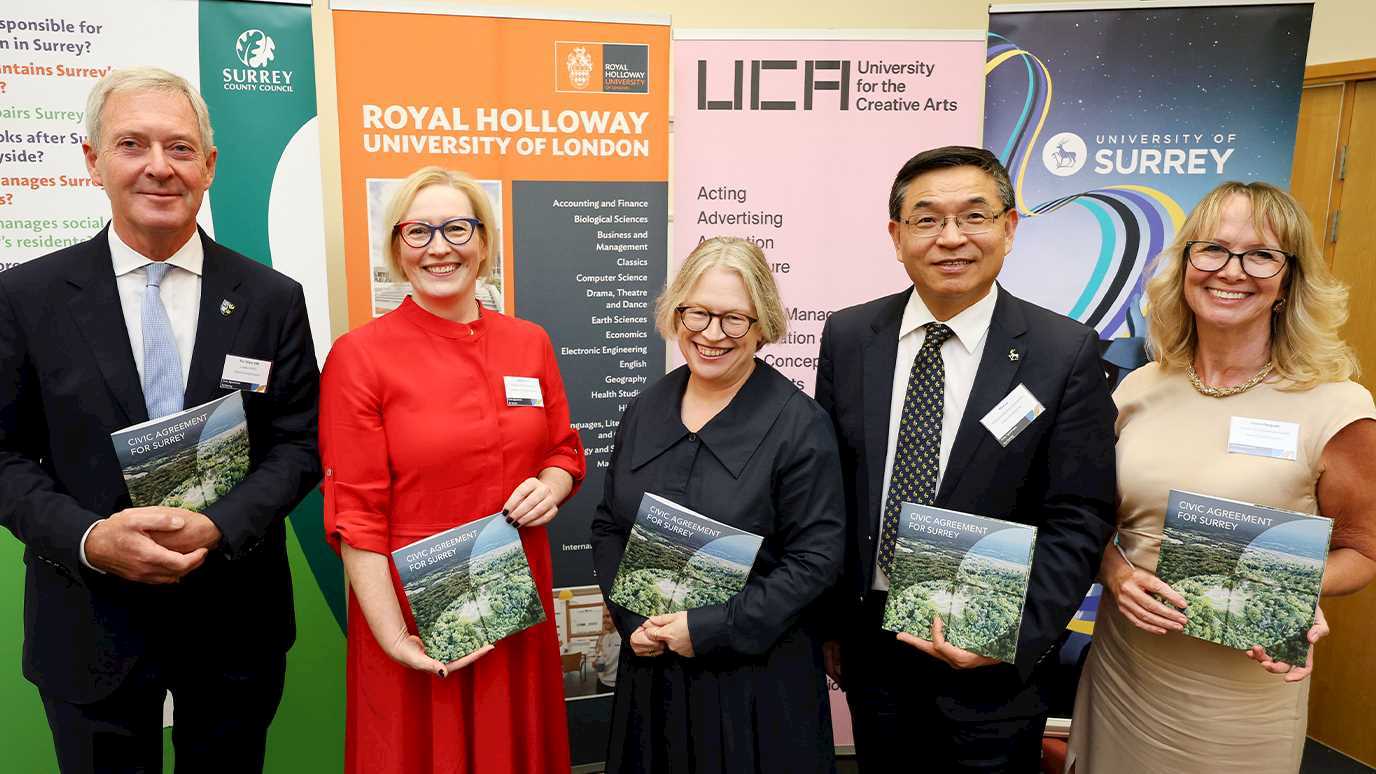Young people are not as aware of environmental changes compared to the older generation, according to a new report by Royal Holloway, University of London and international conservation charity ZSL (Zoological Society London) due to a phenomenon known as Shifting Baseline Syndrome (SBS).

The UK-based paper showcases a reduced awareness of issues such as the decline in bird biodiversity and abundance within their area compared to several years ago – meaning vital naturalist knowledge is being lost over generations without people noticing.
This worrying gap in knowledge and perception surrounding environmental data and conservation needs between the older and younger generation could hinder efforts to emphasise the urgent need for conservation action for declining species.
SBS describes a persistent downgrading of perceived ‘normal’ environmental conditions with every new generation, leading to under-estimation of the true magnitude of long-term environmental change on a global scale.
The presence of SBS could impact the validity of traditional and local ecological knowledge and participatory techniques as well as conservation target-setting. However, despite increasing recognition, there has been little empirical evidence for SBS, until now.
The study used large-scale online questionnaires to collect public perceptions of long-term biological change regarding ten UK garden bird species, such as Goldfinch, Blue Tit and House Sparrow, as well as demographic information and measures of knowledge and experience of the local environment.
A paired data approach compared social perceptions to a large-scale longitudinal biological dataset provided by the British Trust for Ornithology (BTO). Using information theoretic and model selection techniques, the authors estimated the relative importance of multiple demographic, social and psychological predictors of SBS.
This provided a comprehensive framework for exploring and a proving actual evidence of SBS and its impacts on perceptions of conservation need for species in decline.
Lead author and PhD student, Lizzie Jones from Royal Holloway’s Department of Biological Sciences and ZSL’s Institute of Zoology, said: “There needs to be more intergenerational communication about the environment and conservation issues. People tend to compare current ecological conditions to reference points set within their own experience, forgetting or ignoring valuable historical information.
“This research supports the need to encourage greater intergenerational communication and increase experience of local nature. Knowledge of past environments is critical to evaluate current conditions, comprehend change and set effective conservation targets for the future.
“Discovering evidence of SBS in public perceptions of animal and bird species experienced within everyday life demonstrates that this is a pervasive social issue, not only in niche contexts such as fisheries, but in public perceptions of local nature.”
There is a wealth of experimental evidence recording people’s long-term impacts on the natural environment, from species extinctions and habitat loss to climate change. However, conservation baselines are often formed using more recent information.
By focussing on more recent timescales, we at more at risk of losing perspective on the true magnitude of long-term environmental change, as historical environmental information is lost over time and people do not notice.
























